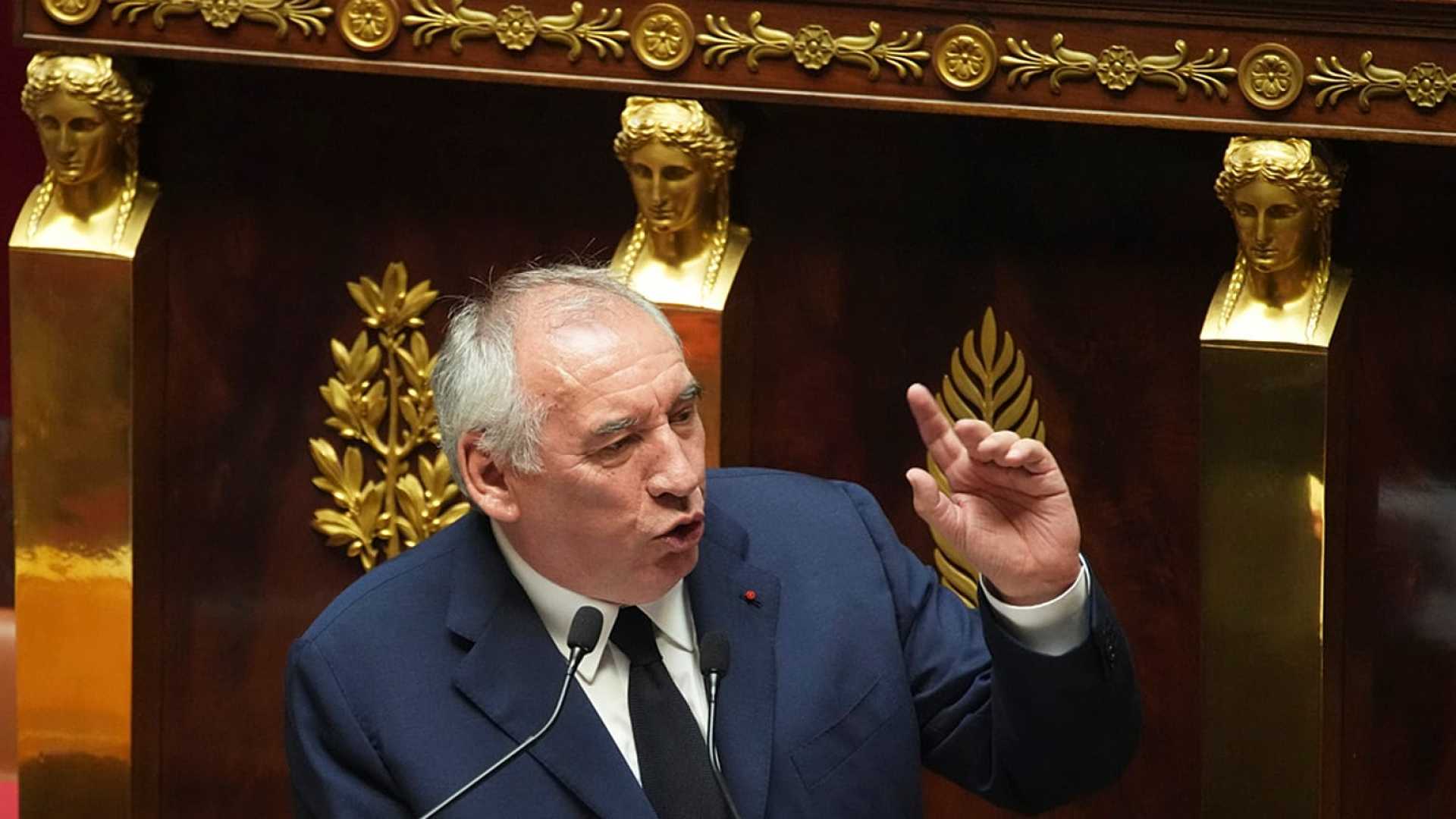Politics
French Prime Minister Faces Backlash as Austerity Cuts Ignite Social Movement

PARIS, France — French Prime Minister François Bayrou announced an austerity budget promising €44 billion in spending cuts during a press conference on Wednesday.
Bayrou insisted that the fiscal challenges facing France required strict measures, declaring, “When we return from the summer break, there’ll be a clash between reality and ideology.” His statement reflected the government’s ongoing commitment to reducing public debt as a top priority.
Critics argue that such austerity measures may only worsen the plight of a nation already grappling with rising poverty and collapsing public services under President Emmanuel Macron’s administration. Macron has faced little large-scale opposition since the significant protests earlier in his presidency, which included last year’s push against pension reform.
However, the upcoming snap parliamentary elections in June 2024 have left Macron’s government vulnerable. The left-wing Nouveau Front Populaire won more seats than any other party in the recent elections, leading to a political deadlock that has stymied Macron’s agenda. Despite not formally holding a majority, Macron was able to secure his position by forming a minority alliance with the conservative Républicains.
Bayrou’s leadership has already faced criticism, notably after the previous prime minister, Michel Barnier, was ousted in a no-confidence vote just three months into office. Bayrou now faces similar challenges, with a vote of confidence scheduled for September 8.
Meanwhile, a significant movement is forming against the government’s austerity policies, with calls for protests commencing September 10. Social media platforms have been abuzz, reminiscent of the Gilets Jaunes movement, which sparked widespread protests against economic strains initiated by rising fuel taxes.
The proposed cancellation of two bank holidays has further fueled public anger. A growing number of citizens are facing escalating living costs, diminished public services, and an increasing sense of disconnection from elected officials.
Political parties and unions have expressed caution regarding the upcoming protests. They recognize the need to provide support without trying to co-opt grassroots organizing efforts. Groups like France Insoumise, the Greens, and the Communists have offered their backing while urging respect for the movement’s autonomy.
The government, concerned about the potential for unrest, has plans to deploy riot police and has warned about foreign interference during the protests. Macron aims to quell any potential backlash by forcing a confidence vote for Bayrou before the demonstrations occur.
As tensions rise, many French citizens remain skeptical about the effectiveness of traditional political structures, fearing that elections won’t resolve the core issues of inequality and austerity. With proposed measures indicating no imminent relief, the political landscape in France continues to evolve amid economic uncertainty.
This situation presents a pressing challenge for Macron’s administration, as it grapples with the consequences of austerity policies that many believe have further divided the nation.












